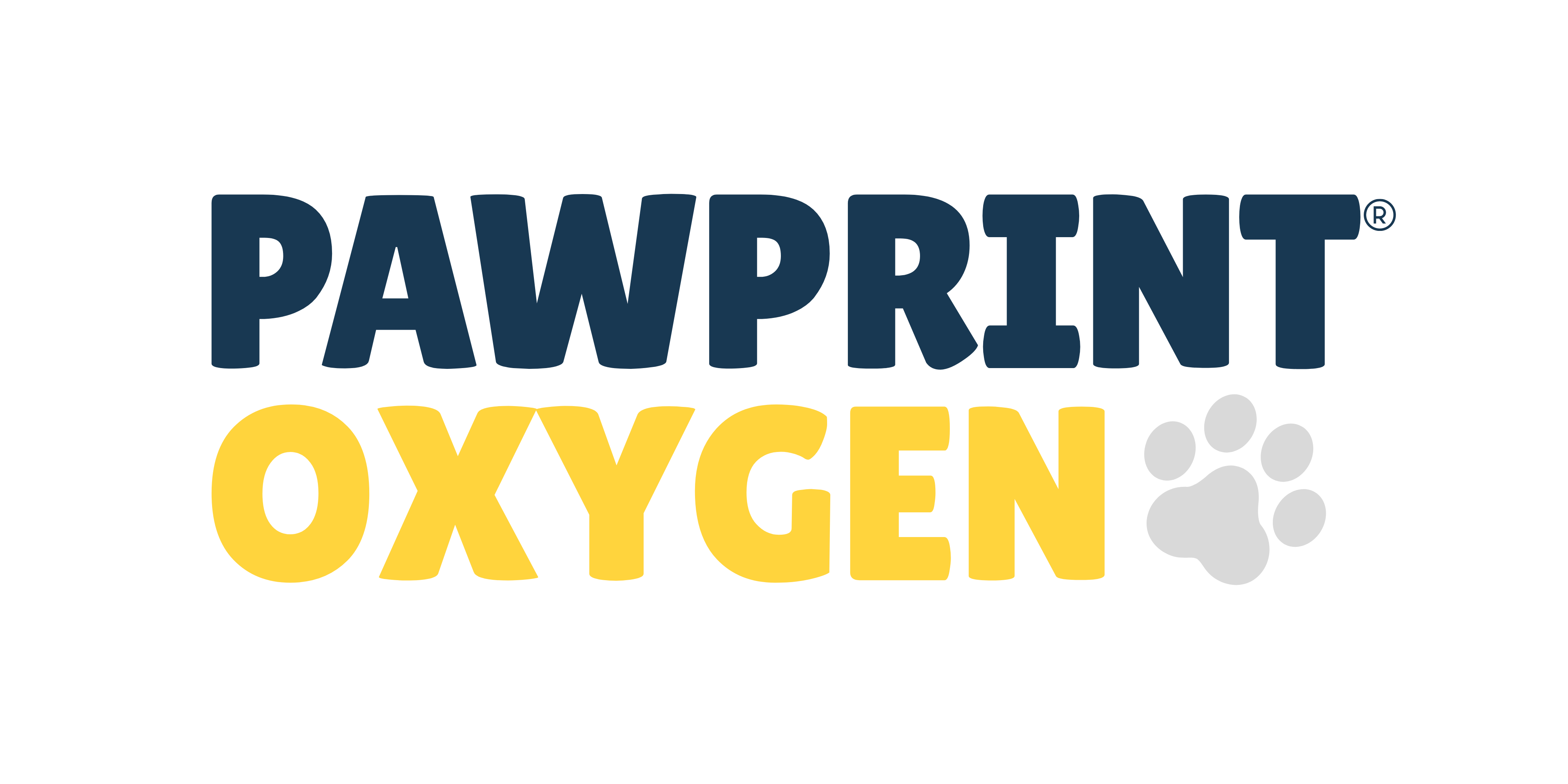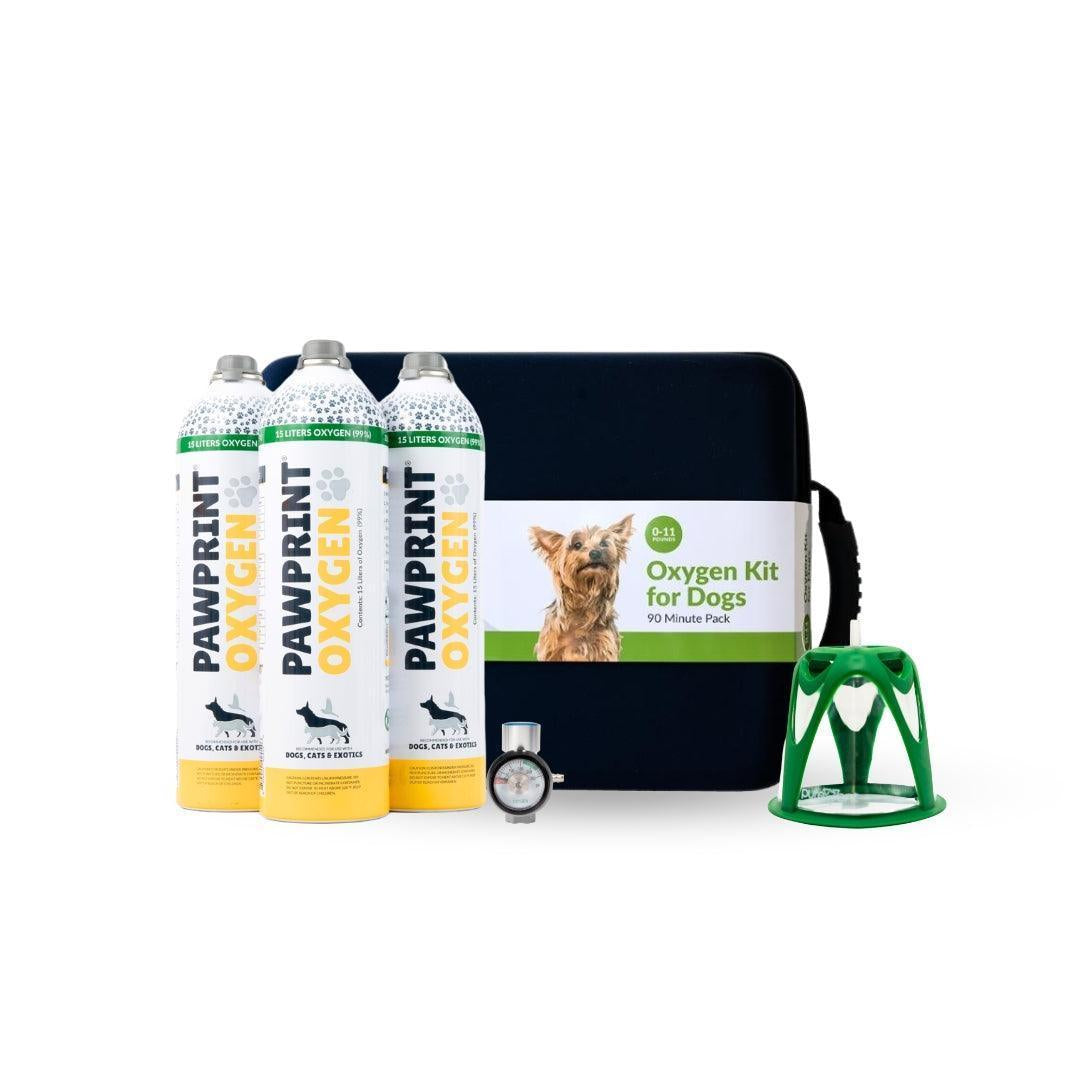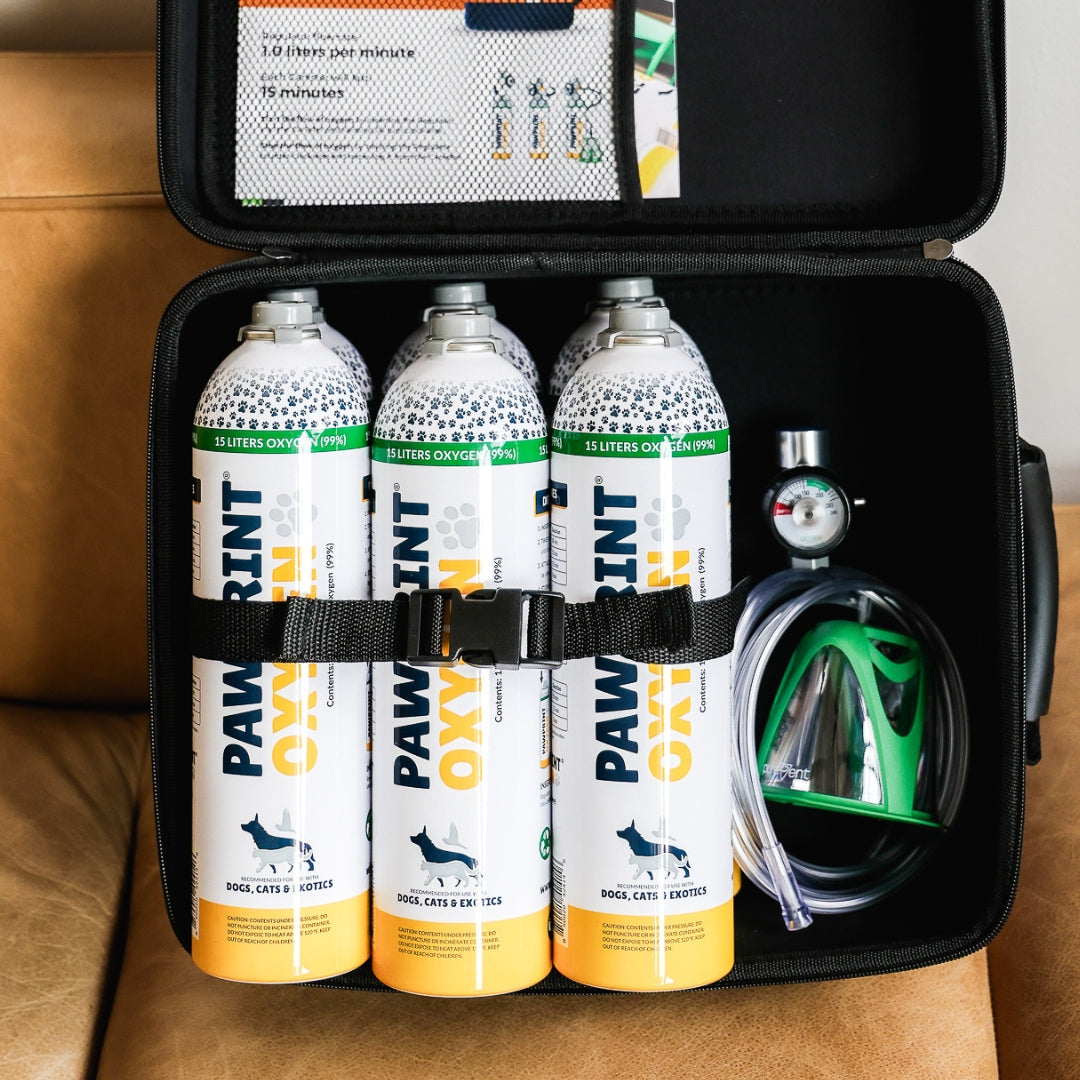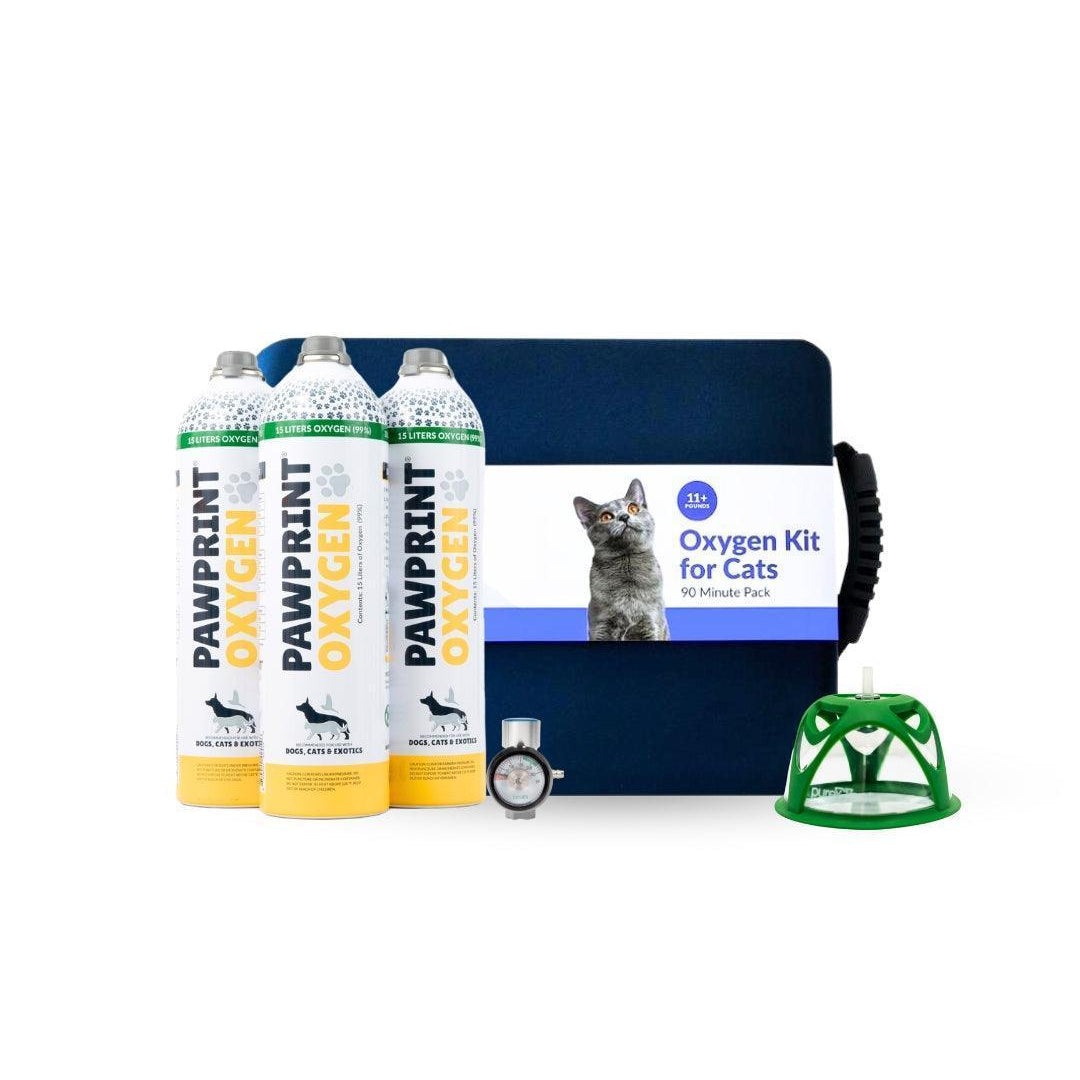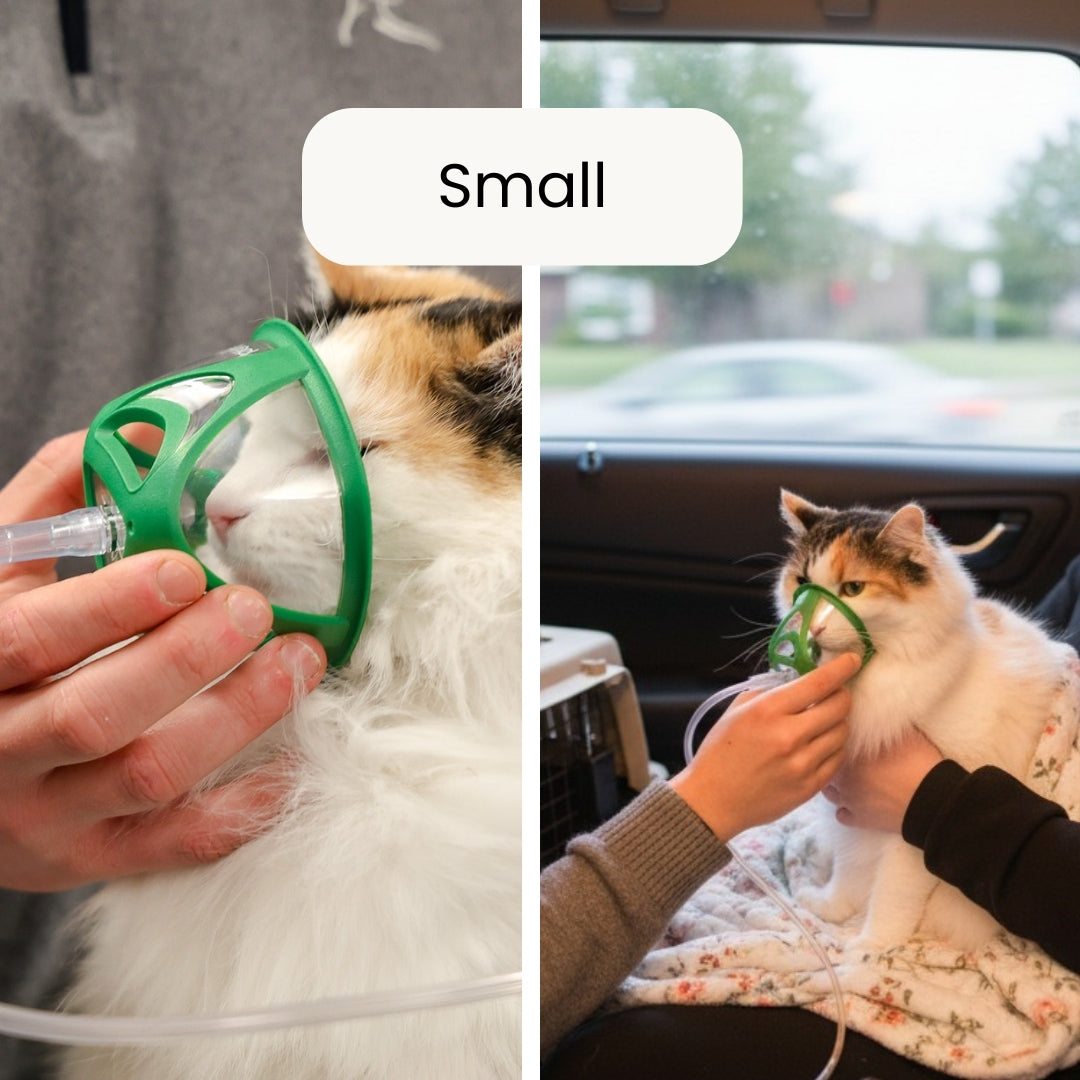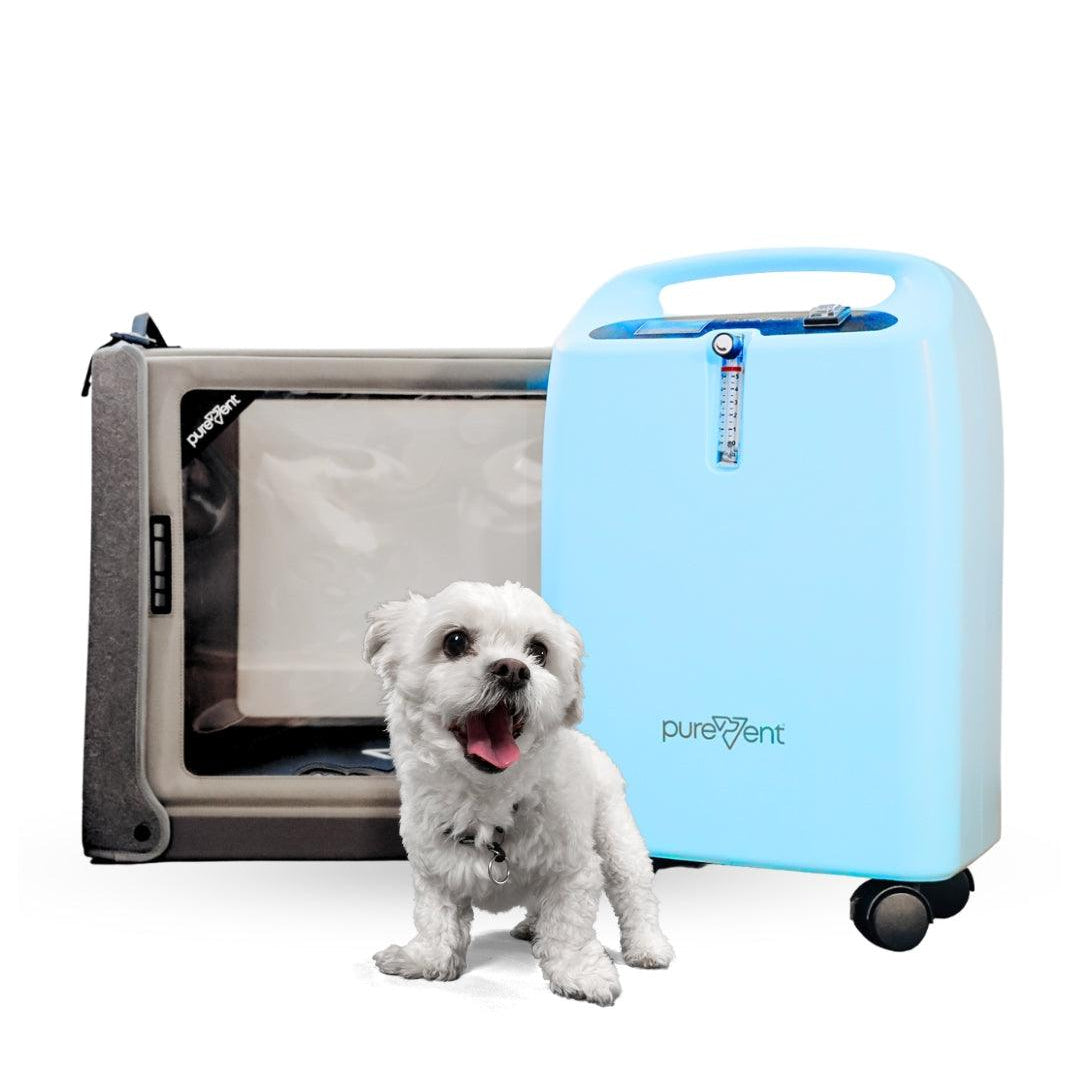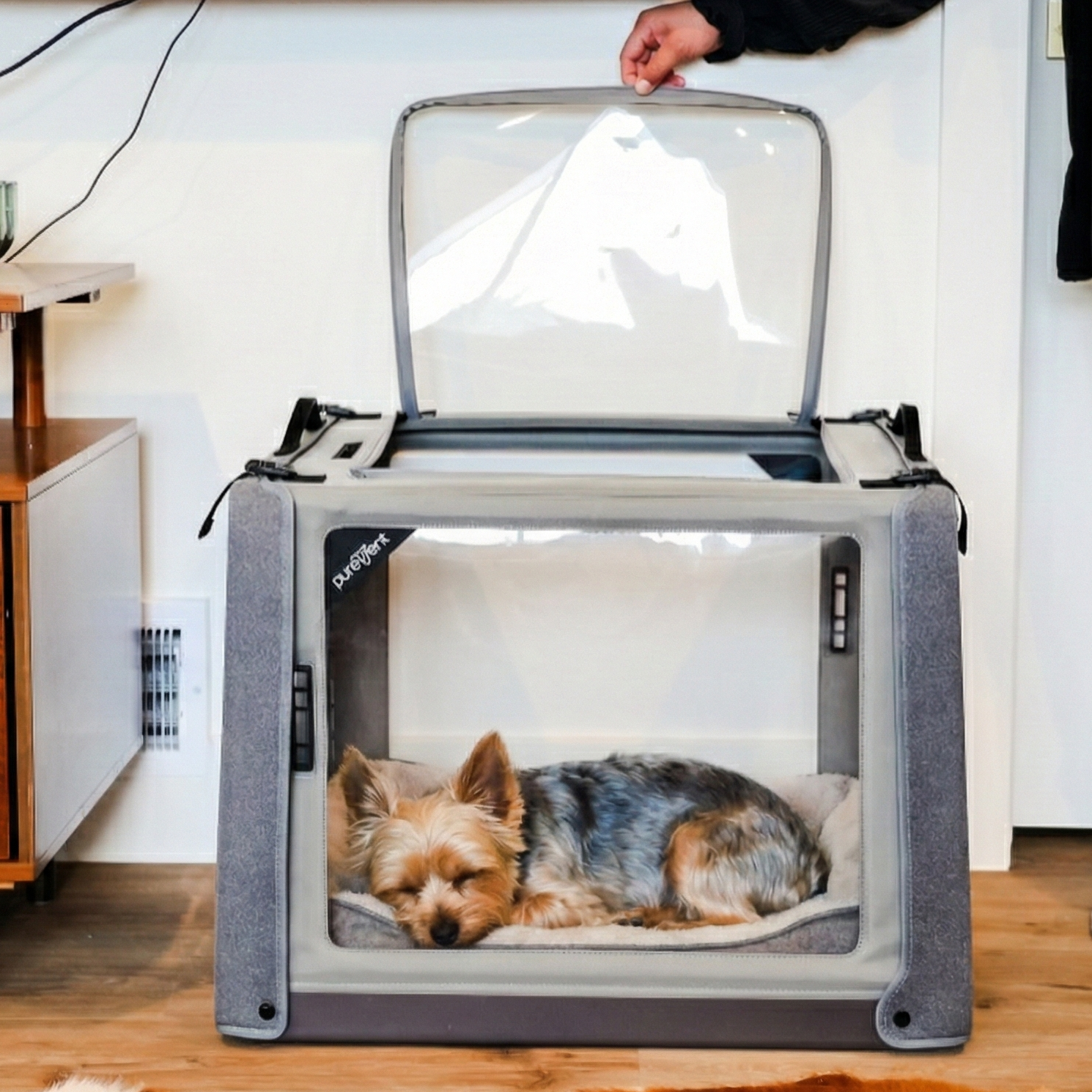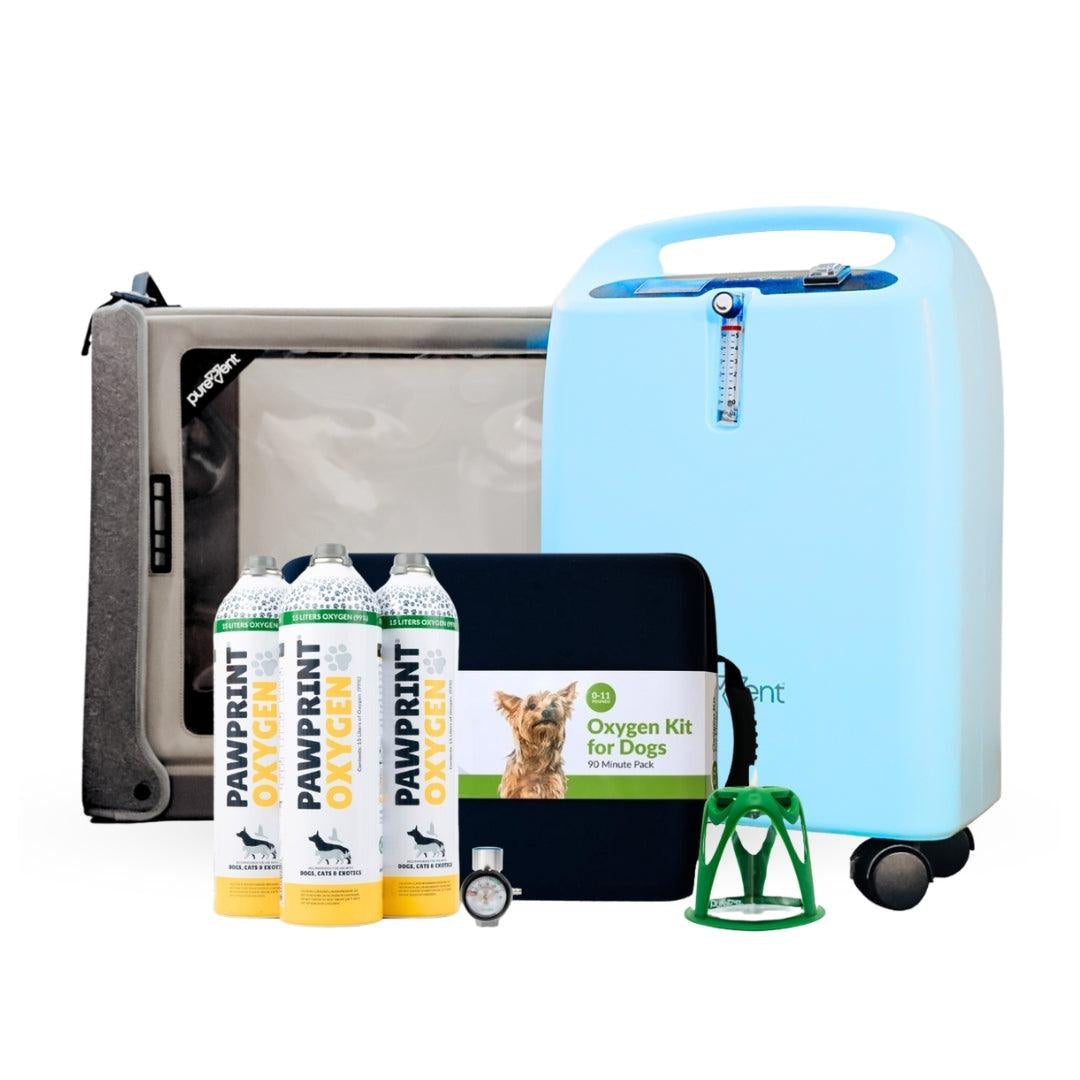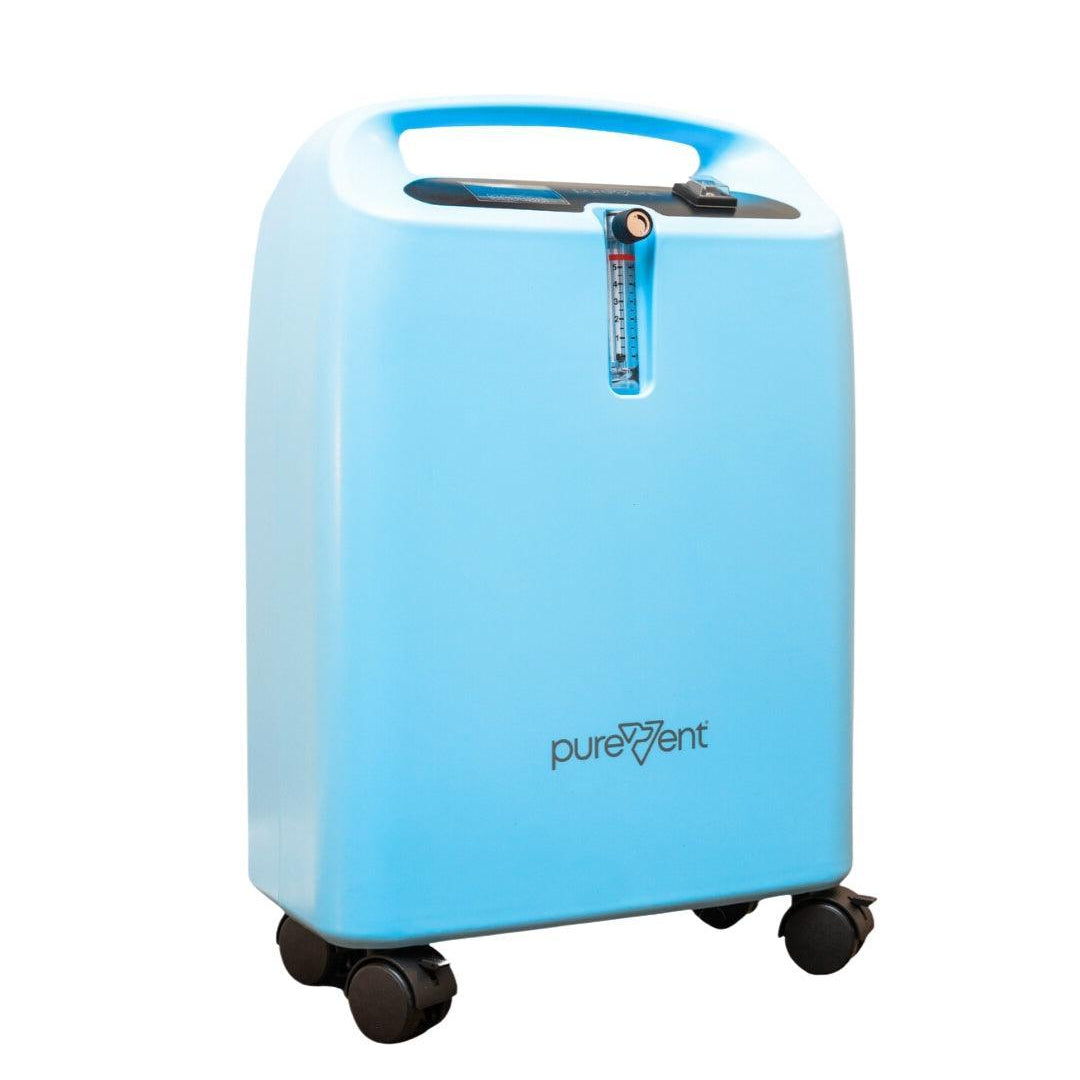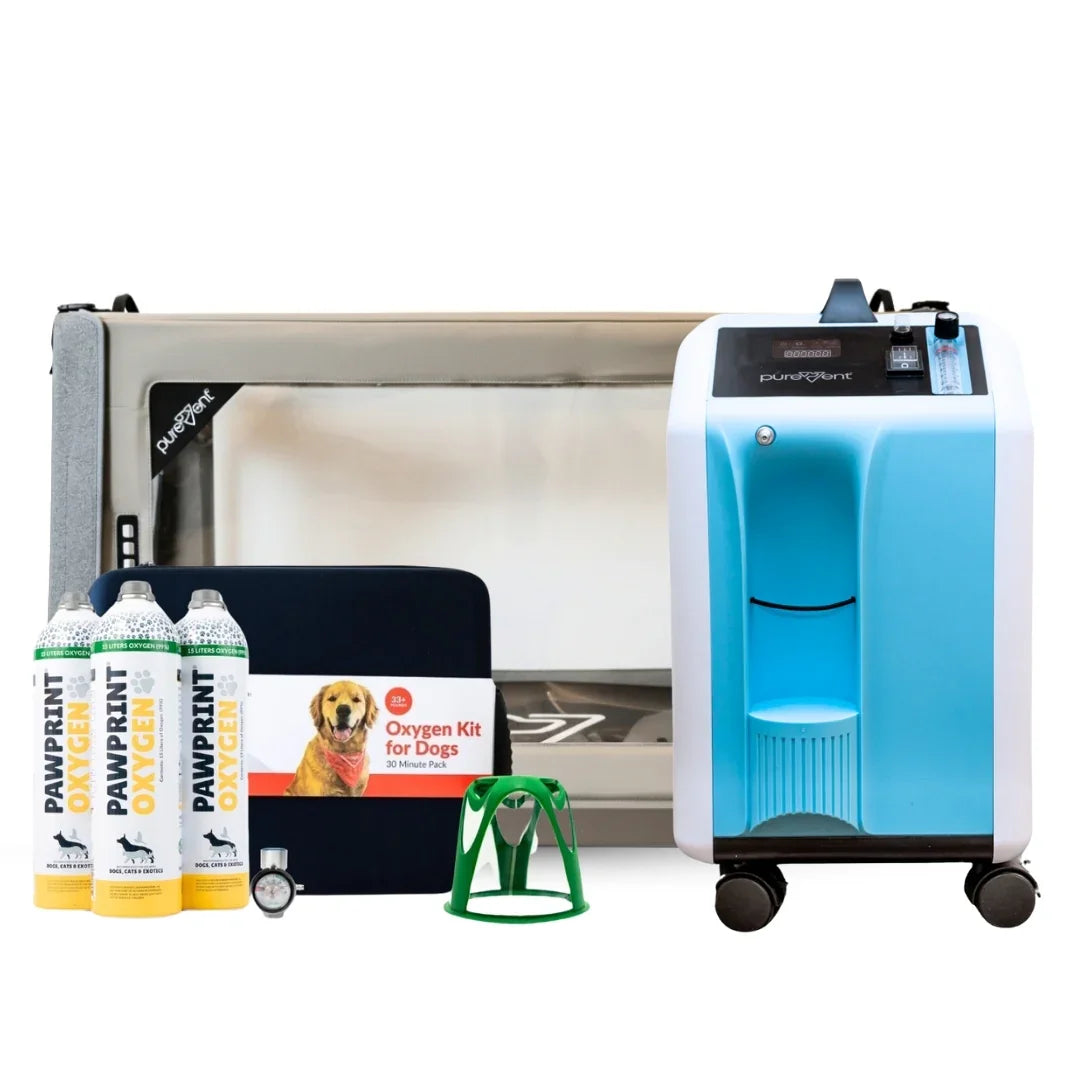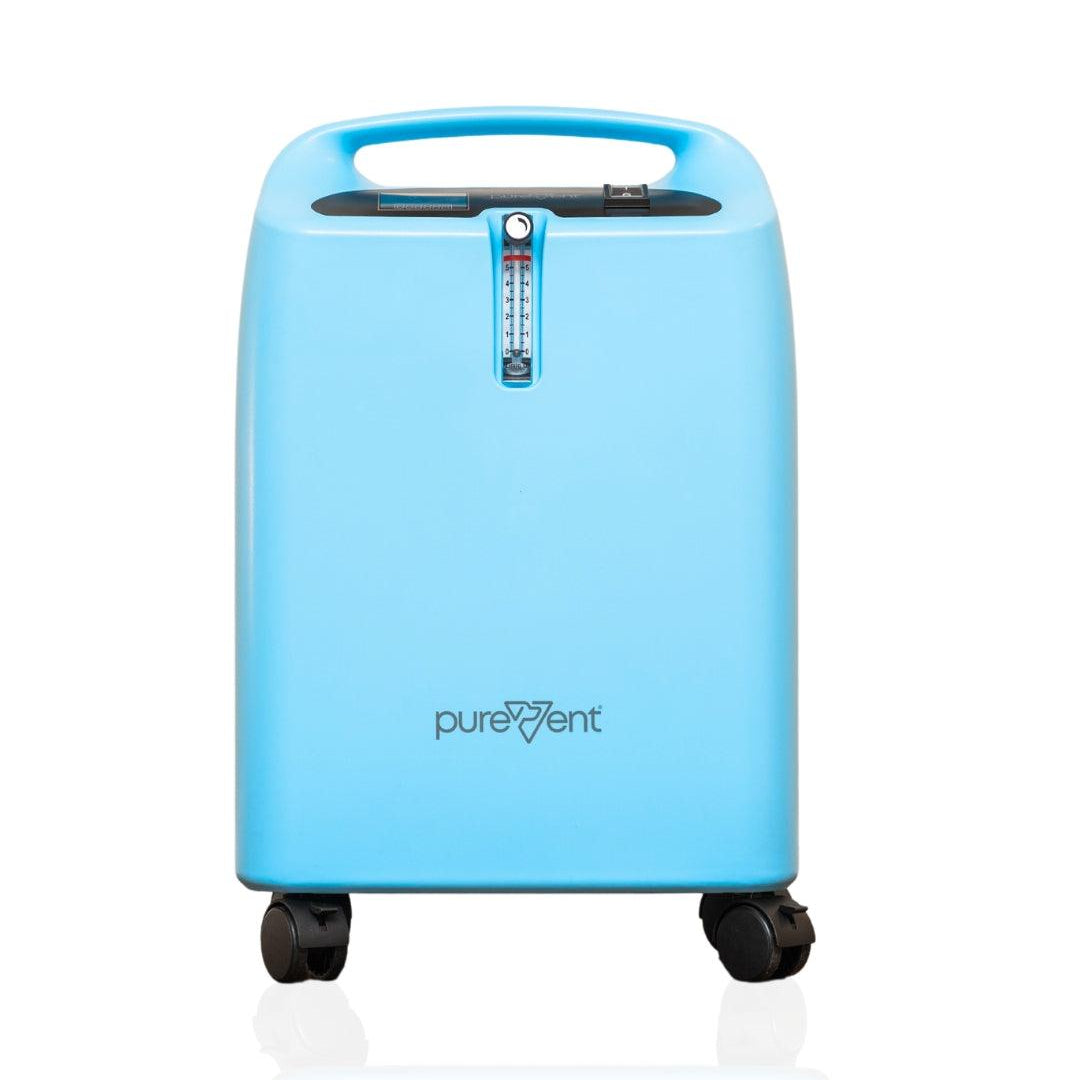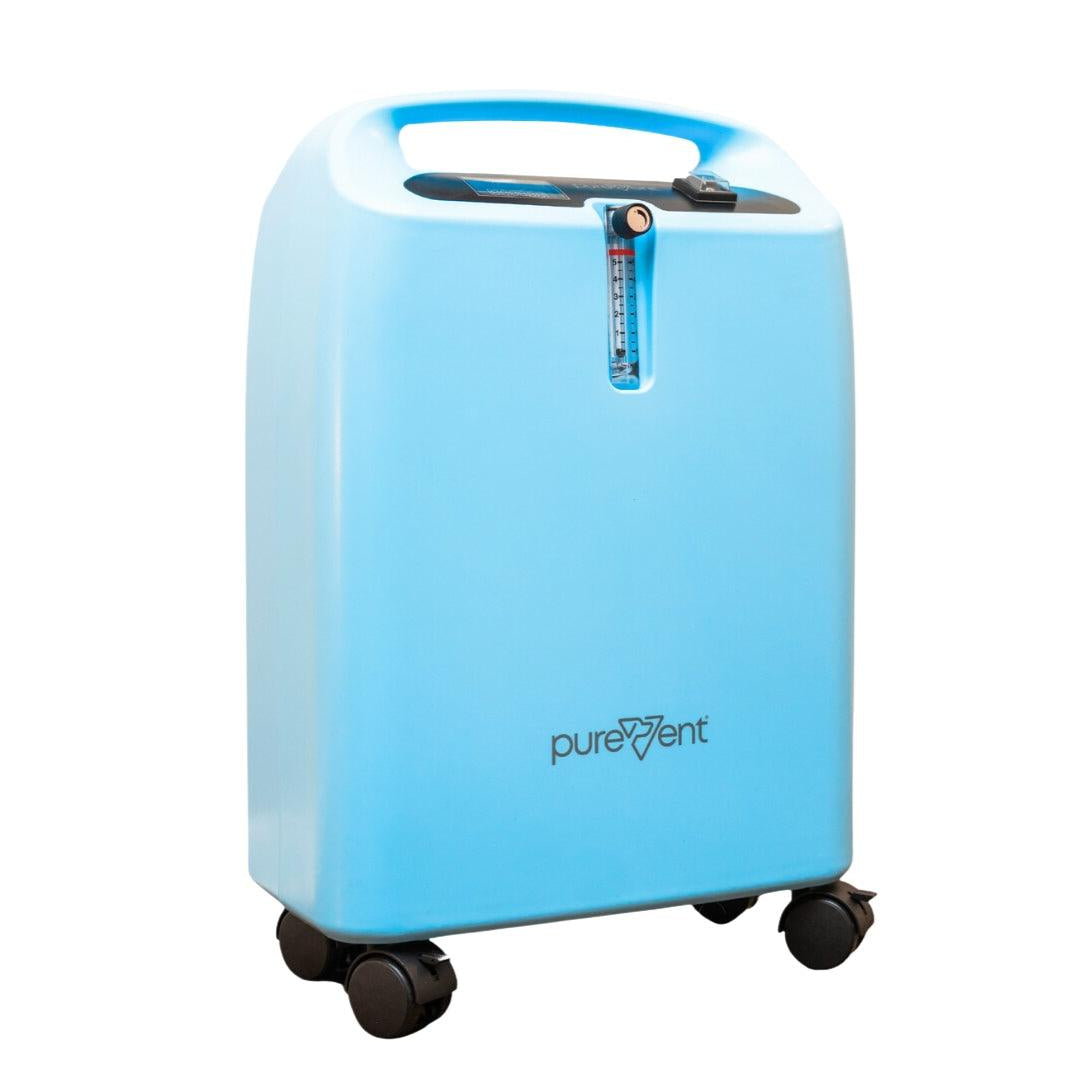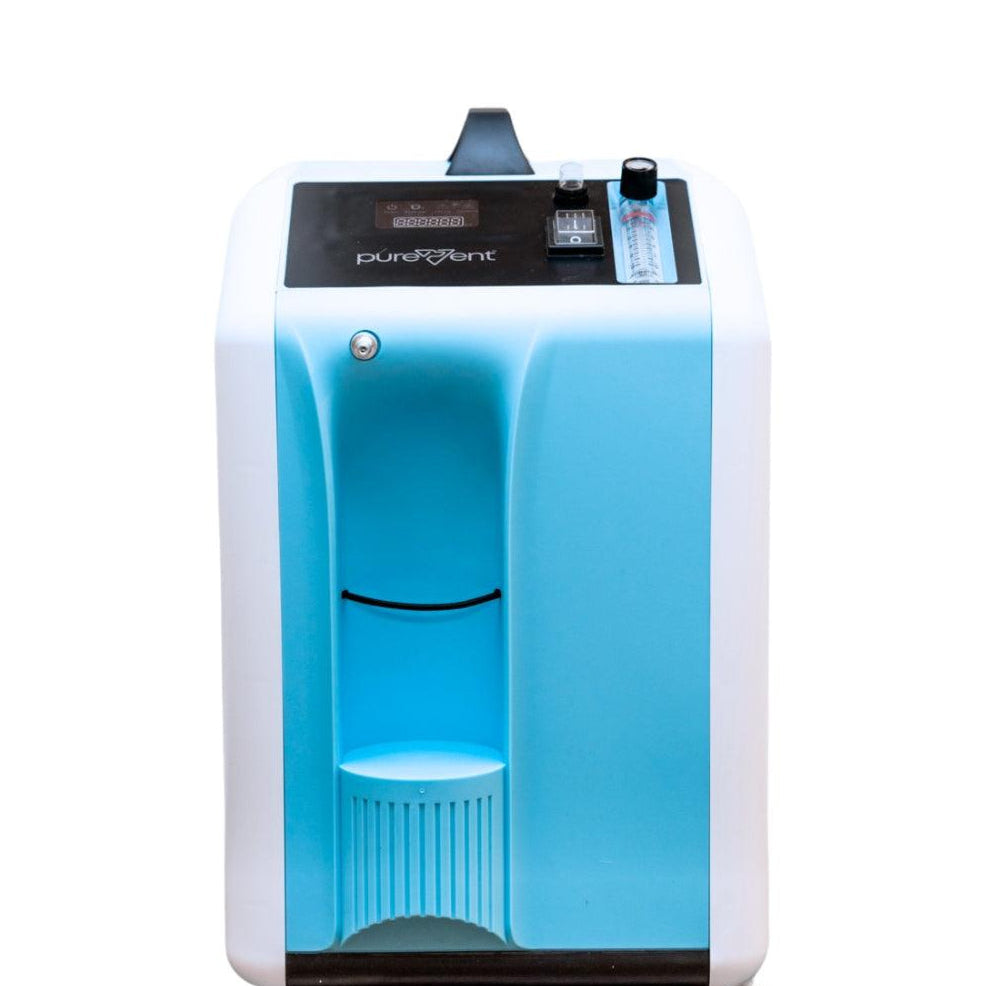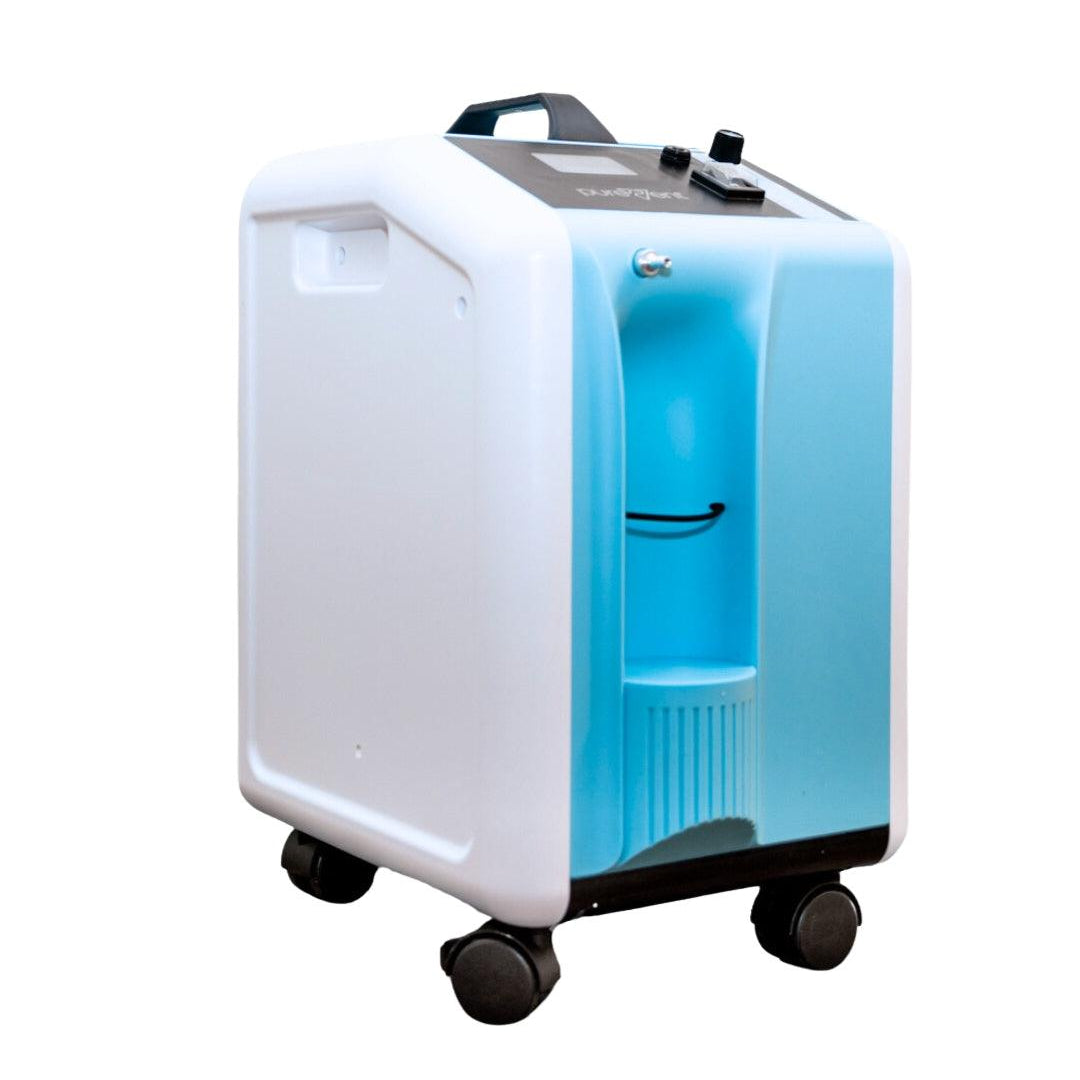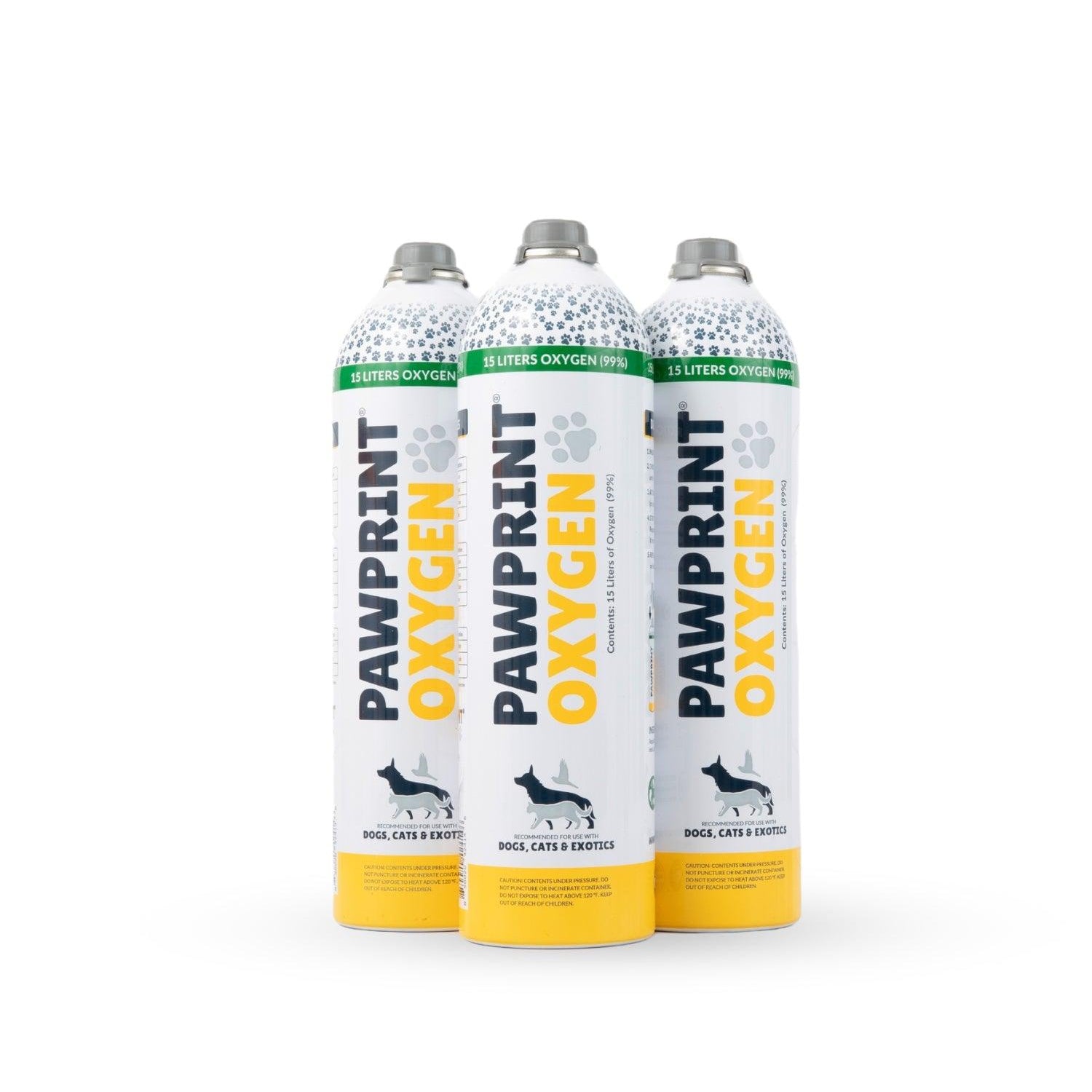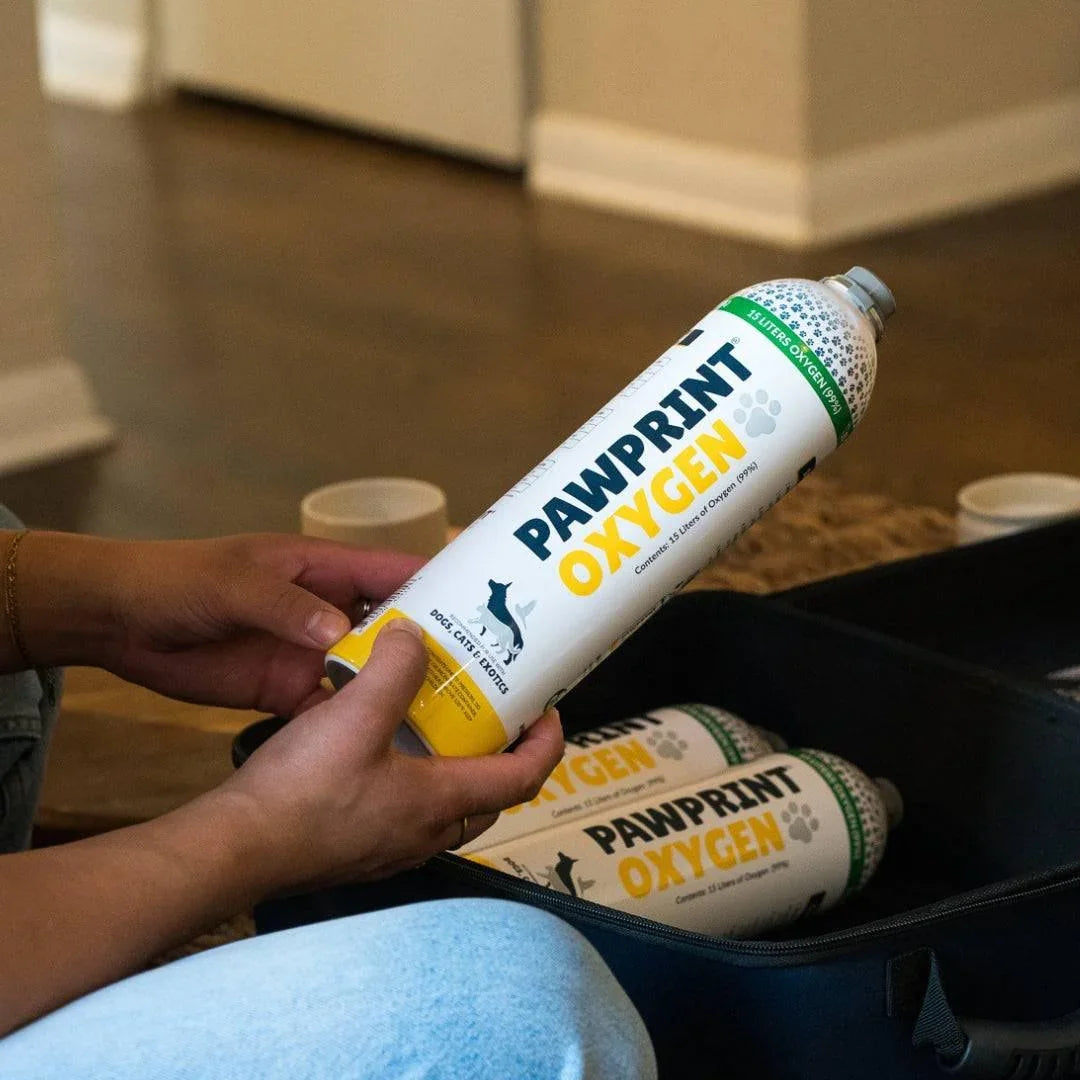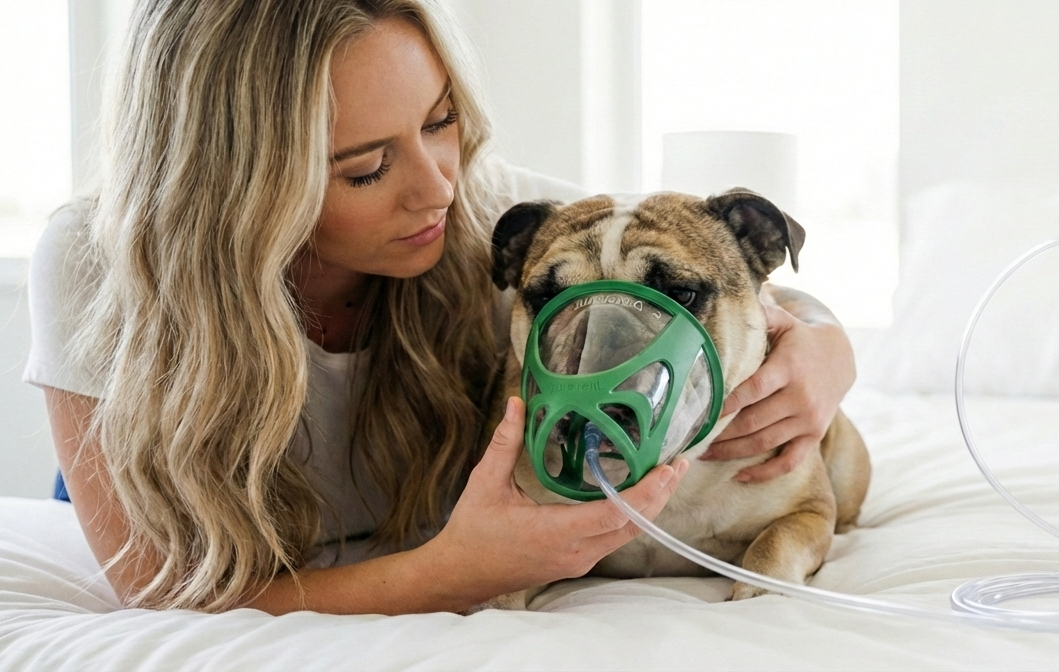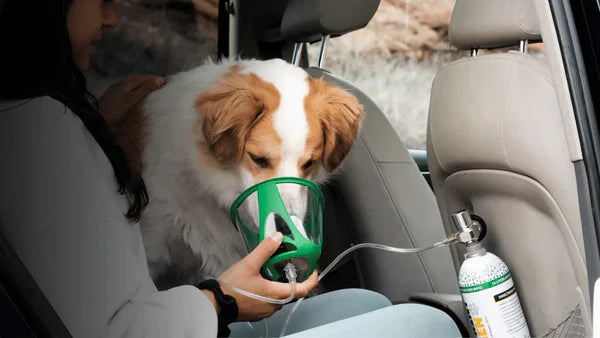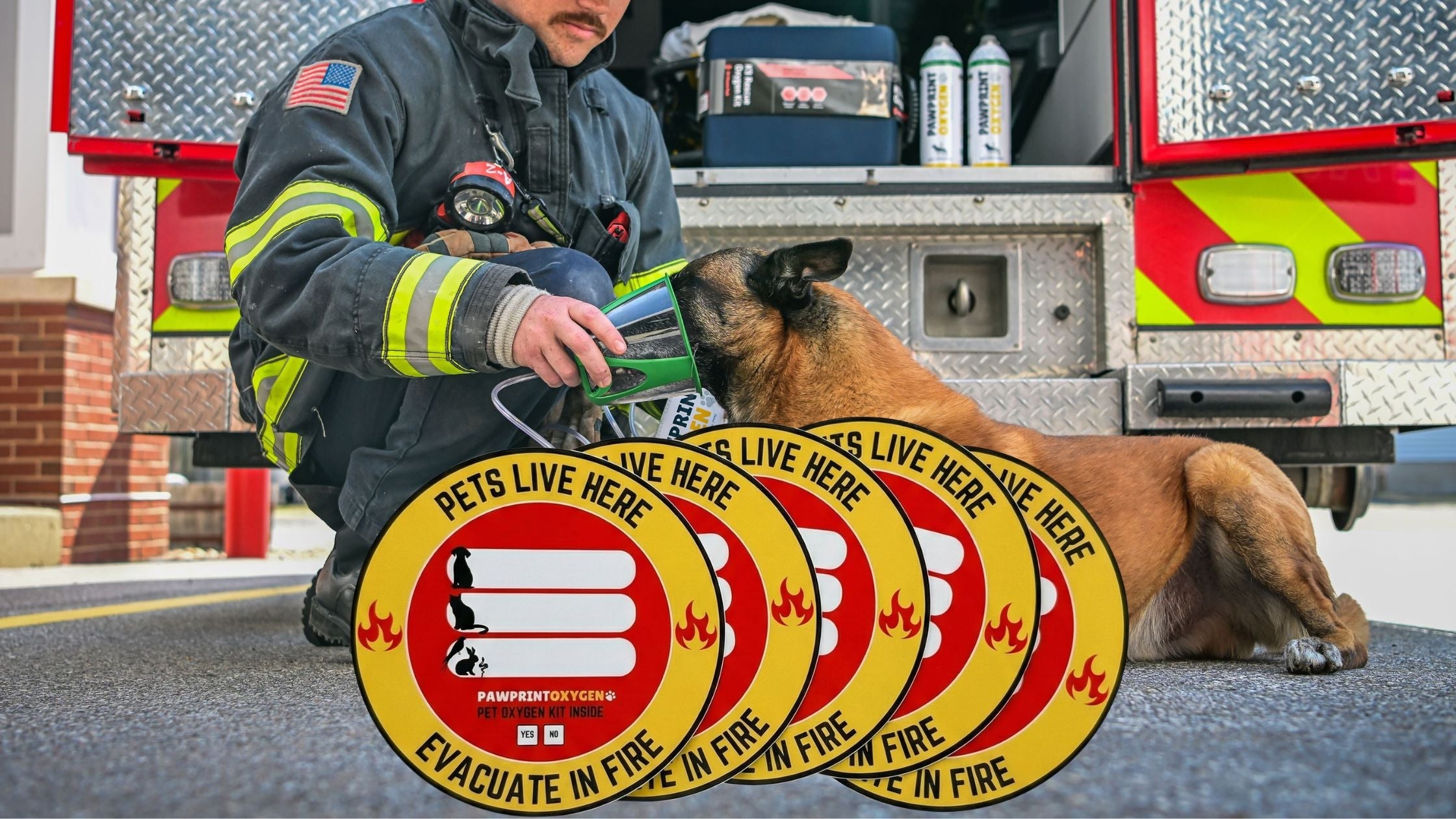In the evolving landscape of veterinary medicine, the integration of advanced technologies is pivotal in enhancing patient care. One such innovation is the use of veterinary oxygen concentrators, devices that have transformed the administration of supplemental oxygen in veterinary practices.
Table of contents
The Importance of Oxygen Therapy in Veterinary Medicine
Oxygen is fundamental to the survival and optimal functioning of all animals. In veterinary settings, supplemental oxygen is often required during surgical procedures, trauma management, and treatment of respiratory conditions. Ensuring a reliable and continuous oxygen supply is crucial for the successful recovery and well-being of animal patients.
Why Veterinarians Are Switching to Oxygen Concentrators vs. Traditional Oxygen Supply Methods
Historically, veterinary clinics have depended on compressed oxygen cylinders to provide supplemental oxygen. While effective, this method presents several challenges:
Logistical Constraints: Managing oxygen cylinders involves regular refilling, transportation, and storage, which can be cumbersome and time-consuming.
Safety Concerns: Compressed gas cylinders pose risks such as leaks or potential combustion if not handled properly.
Cost Implications: The recurring expenses associated with cylinder rental, refills, and delivery can accumulate significantly over time.
In the realm of veterinary medicine, oxygen concentrators have truly become the key to ensuring excellence in pet care. Stay tuned to discover the countless benefits and undeniable impact of this groundbreaking technology.
The Advent of Oxygen Concentrators in Veterinary Practices
To address the challenges with oxygen cylinders, many veterinary clinics are adopting oxygen concentrators —devices that extract oxygen from ambient air, providing a continuous and on-demand supply of medical-grade oxygen. This shift offers numerous advantages:
Continuous Oxygen Supply: Concentrators ensure an uninterrupted flow of oxygen, eliminating the need for frequent cylinder replacements.
Enhanced Safety: By reducing reliance on high-pressure cylinders, concentrators minimize risks associated with storage and handling of compressed gases.
Cost Efficiency: Investing in an oxygen concentrator can lead to substantial long-term savings by eliminating ongoing costs related to cylinder management.
How Oxygen Concentrators Work
Oxygen concentrators operate using a process called Pressure Swing Adsorption (PSA) . They draw in room air, filter out nitrogen and other gases, and deliver concentrated oxygen directly to the patient. This method ensures a consistent supply of oxygen with purities above 90%, suitable for various veterinary applications.
Selecting the Right Oxygen Concentrator for Your Clinic
When choosing an oxygen concentrator, consider the following factors:
Flow Rate Requirements: Assess the typical oxygen demands of your patients to determine the appropriate flow rate capacity.
Portability: For mobile practices, a lightweight unit is advantageous. The concentrator will need to be plugged into a 120 Volt outlet, so that must be taken into consideration, as well.
Integration with Existing Equipment: Ensure compatibility with your current anesthesia machines and oxygen delivery systems.
Safety Features: Look for models with built-in alarms for oxygen purity and flow rate to enhance patient safety.
Leading Veterinary Oxygen Concentrator Models
Here are some notable oxygen concentrator models suitable for veterinary use:

PureVent 10L Oxygen Concentrator
Delivers up to 10 liters per minute (LPM) of 90% and above of pure oxygen. Compact and quiet, ideal for single-patient use in small clinics or mobile settings.

PureVent 5L Oxygen Concentrator
Delivers up to 5 LPM, suitable for a range of clinical applications.
Does Pawprint Oxygen supply medical-grade concentrators?
Yes, Pawprint Oxygen sells medical-grade, continuous flow oxygen concentrators that support a safe environment for your pet during oxygen therapy. We have two models:
- PureVent 5L Oxygen Concentrator: This model has a maximum flow rate of 5 liters per minute, which is required for the medium oxygen chamber..
- PureVent 10L Oxygen Concentrator: This model has a maximum flow rate of 10 liters per minute, which is required for the large oxygen chamber.
Do I need to refill the oxygen concentrator with more oxygen?
No, you do not need to refill an oxygen concentrator. It constantly generates oxygen by pulling in the room air and concentrating the oxygen down to 90% oxygen gas, so you never need to worry about running out of oxygen.
What maintenance is required for the oxygen concentrator?
These machines are very easy to use and require little maintenance. Other than the occasional wipe-down to remove excess dust and debris. Depending on which model you purchase, there are one to two filters within the concentrator. The first filter you’ll see on the back is the pre-mesh filter. This can be removed and rinsed as needed with warm soapy water and allowed to dry completely before putting it back on the machine (much like your vacuum’s sponge filter). Please note, not all types of concentrators purchased or rented from Pawprint Oxygen will have a pre-mesh filter depending on the manufacturer. There is also the box filter, which does not need to be replaced until you’ve reached 5,000 hours (the hour-meter is the small digital display on the side of the unit) or one year of steady use. If you are renting, we will ensure your box filter is taken care of before sending out your unit!
The standard oxygen chamber requires a flow rate of at least 5 Liters per minute. The large oxygen chamber requires a flow rate of 10 Liters per minute.
Implementation Considerations
Before integrating an oxygen concentrator into your practice, consider:
Power Supply: Ensure a reliable electrical source; have backup power solutions in place to maintain operation during outages.
Maintenance: Regularly clean and replace filters as recommended by the manufacturer to ensure optimal performance.
Training: Provide staff with adequate training on the operation and troubleshooting of the concentrator to ensure effective and safe usage.
PureVent 5L Medical-Grade Oxygen Concentrator
The PureVent 5L Oxygen Concentrator plugs into a wall outlet (120V) and concentrates oxygen from room air, providing high purity oxygen gas (>90%). The oxygen concentrator provides an endless supply of continuous flow oxygen therapy and is recommended for pets requiring extended oxygen therapy (more than one hour per day). Use the oxygen concentrator with a PureVent Pet Oxygen Mask or an Oxygen Chamber.
Conclusion
The adoption of veterinary oxygen concentrators represents a significant advancement in animal healthcare, offering enhanced safety, efficiency, and cost-effectiveness. By carefully selecting and implementing the appropriate concentrator, veterinary clinics can substantially improve the quality of care provided to their patients.
Oxygen output capacity: Evaluate the average oxygen demand of your clinic to ensure that the concentrators can provide an adequate supply for all patients.
Portability and space requirements: Assess the available space in your clinic and determine which oxygen concentrator would be more suitable.
Ease of use and maintenance: Look for user-friendly interfaces and automated features that simplify operation and maintenance tasks.
Filtration system and oxygen purity: Ensure that the concentrator has an efficient filtration system that removes impurities and delivers high-purity medical-grade oxygen to patients.
Reliability and warranty: Choose a reputable brand that offers a reliable product with a comprehensive warranty to ensure long-term performance and support.
